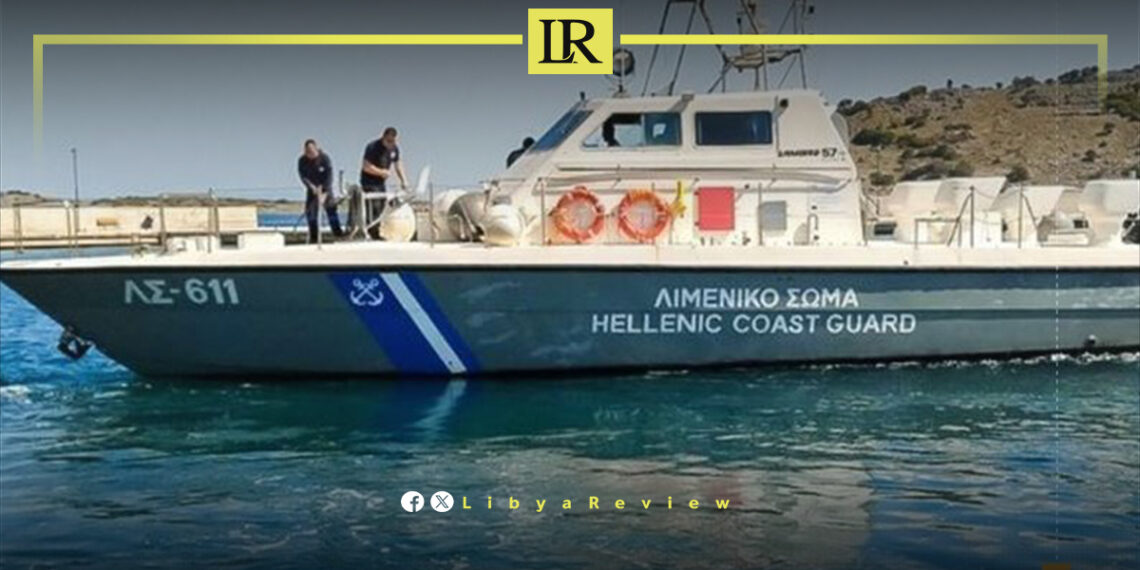Greece has completed the first round of training for 25 officers of the Libyan Coast Guard, as part of a broader initiative to curb irregular migration across the Mediterranean.
The month-long program, held at the Hellenic Navy’s Maritime Training Center in Marathi, Crete, provided practical exercises in patrolling, search and rescue operations, and vessel inspections.
The training initiative follows a July meeting in Benghazi between Greek Foreign Minister George Gerapetritis and Libyan National Army (LNA) Commander Field Marshal Khalifa Haftar, during which Haftar requested Greek support in maintaining patrol boats, vehicles, and border surveillance equipment along Libya’s frontiers with Egypt and Sudan.
A second training course is scheduled for September in either Athens or Thessaloniki, with a specific focus on maritime vessel maintenance—a critical need for Libya’s coastal security operations.
This cooperation underscores Greece’s growing role in supporting Libya’s security infrastructure, particularly in tackling migration challenges and enhancing stability in the Eastern Mediterranean.
Libya has been in chaos since a NATO-backed uprising toppled longtime leader Muammar Gaddafi in 2011. The county has for years been split between rival administrations.
Libya’s economy, heavily reliant on oil, has suffered due to the ongoing conflict. The instability has led to fluctuations in oil production and prices, impacting the global oil market and Libya’s economy.
The conflict has led to a significant humanitarian crisis in Libya, with thousands of people killed, and many more displaced. Migrants and refugees using Libya as a transit point to Europe have also faced dire conditions.
The planned elections for December 2021 were delayed due to disagreements over election laws and the eligibility of certain candidates. This delay has raised concerns about the feasibility of a peaceful political transition.
Despite the ceasefire, security remains a significant concern with sporadic fighting and the presence of mercenaries and foreign fighters. The unification of the military and the removal of foreign forces are crucial challenges.


